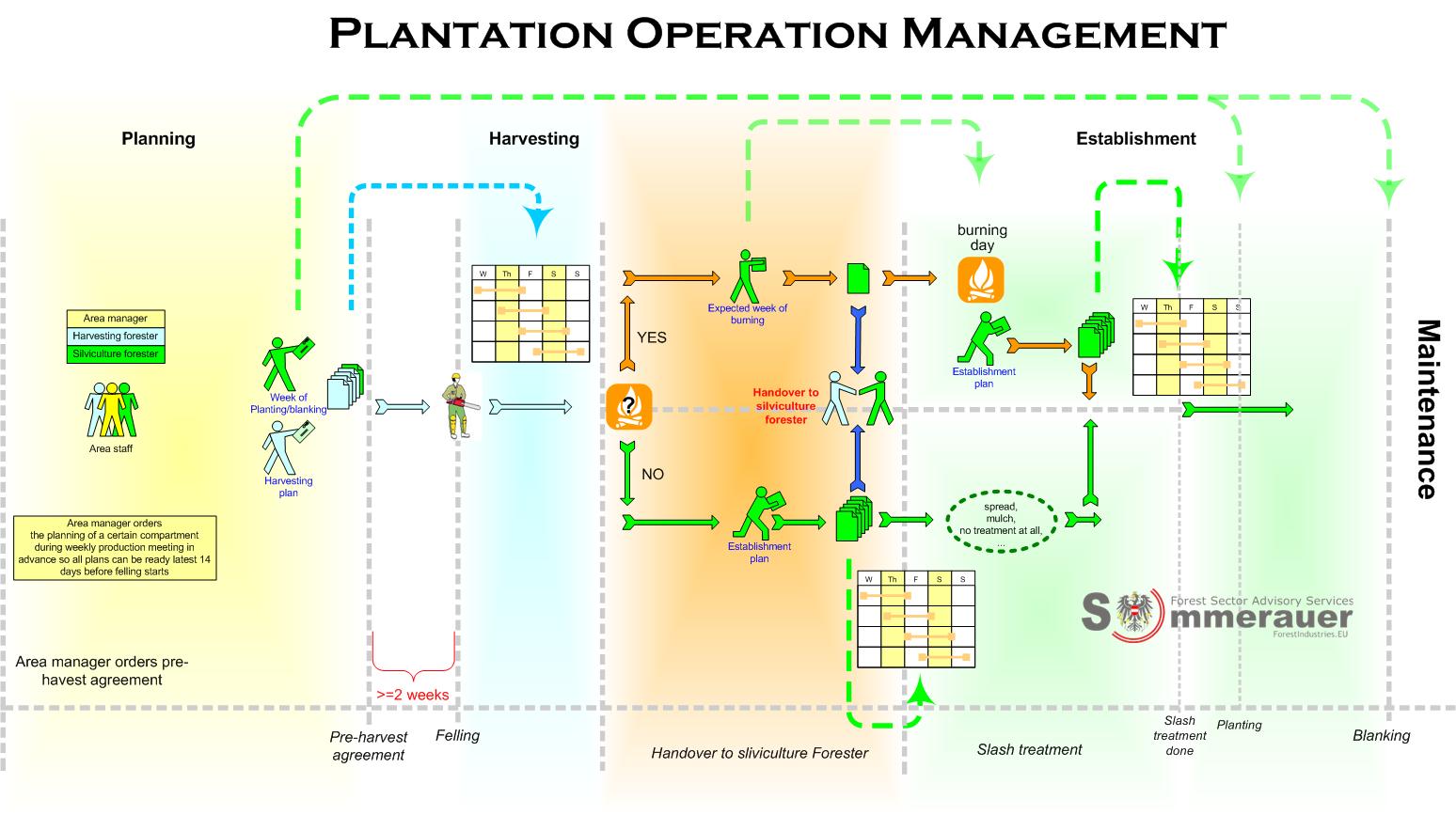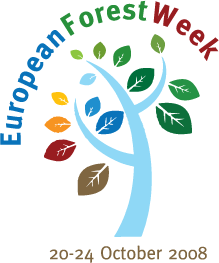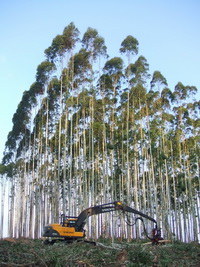London, 24th June 2009: Investment in forestry outperformed domestic commercial property and equities last year, producing a positive annual total return of 7.0%, eclipsed only by bonds, according to the IPD UK Forestry Index.By comparison, UK commercial property delivered -22.11%; UK equities returned -29.92%, while listed property companies and trusts were the most vulnerable to the global market downturn, returning -46.63% over 2008. Bonds, however, gained 154%.
Main menu
- Home
- . .
- Our Service
- . .
- Blogs
- News
- REDD+
- Library
- About us




